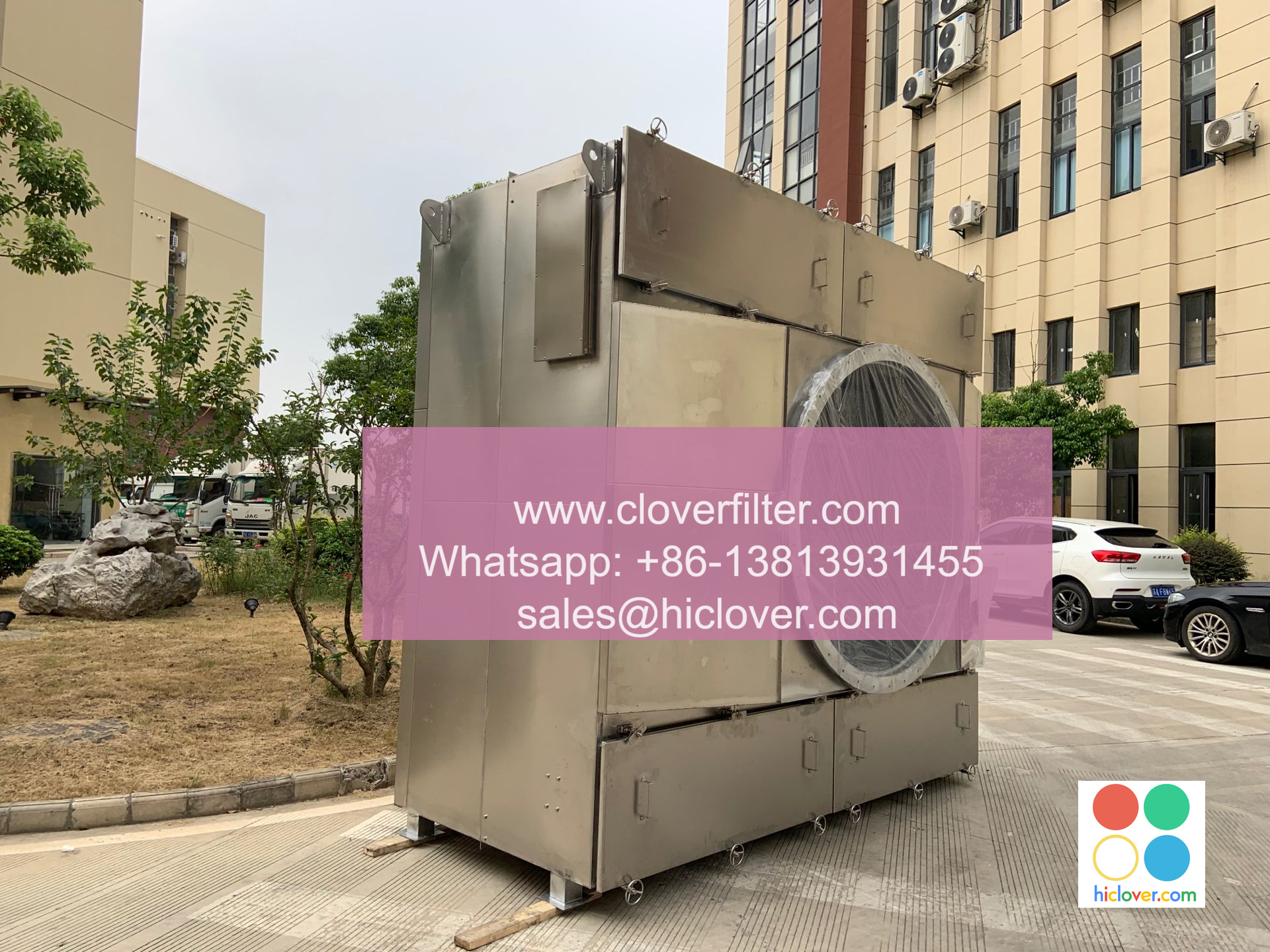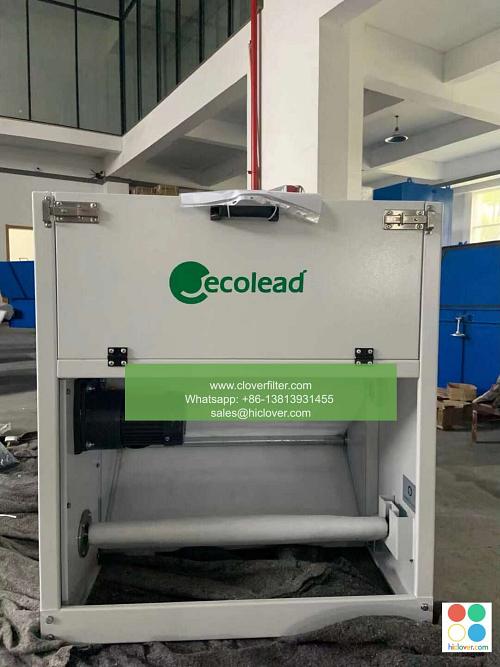The Relationship Between Air Filter Efficiency and HVAC System Efficiency

The efficiency of an Heating, Ventilation, and Air Conditioning (HVAC) system is crucial for maintaining a comfortable and healthy indoor environment. One of the key factors that affect the efficiency of an HVAC system is the air filter efficiency. In this article, we will explore the relationship between air filter efficiency and HVAC system efficiency, and highlight the importance of high-efficiency air filters in various application areas, including commercial HVAC systems, industrial air filtration, and residential HVAC systems.
What is Air Filter Efficiency?
Air filter efficiency refers to the ability of an air filter to remove particles and contaminants from the air. The efficiency of an air filter is typically measured by its Minimum Efficiency Reporting Value (MERV) rating, which ranges from 1 to 20. The higher the MERV rating, the more efficient the air filter is at removing particles and contaminants from the air. High-efficiency air filters with a MERV rating of 17 or higher are capable of removing 99.97% of particles as small as 0.3 microns, making them ideal for applications where high indoor air quality is required.
How Does Air Filter Efficiency Affect HVAC System Efficiency?
The efficiency of an air filter has a direct impact on the efficiency of an HVAC system. A high-efficiency air filter can improve the efficiency of an HVAC system in several ways:
* Reduced energy consumption: A high-efficiency air filter can reduce the energy consumption of an HVAC system by allowing it to operate more efficiently. When the air filter is clogged with particles and contaminants, the HVAC system has to work harder to push air through the filter, resulting in increased energy consumption.
* Improved indoor air quality: A high-efficiency air filter can improve the indoor air quality by removing particles and contaminants from the air. This can reduce the risk of respiratory problems and other health issues associated with poor indoor air quality.
* Extended equipment life: A high-efficiency air filter can extend the life of the HVAC equipment by reducing the amount of wear and tear on the system. When the air filter is clogged with particles and contaminants, it can cause the HVAC system to work harder, resulting in increased wear and tear on the equipment.
Application Areas for High-Efficiency Air Filters
High-efficiency air filters have a wide range of applications, including:
* Commercial HVAC systems: High-efficiency air filters are ideal for commercial HVAC systems, where high indoor air quality is critical for the health and productivity of employees.
* Industrial air filtration: High-efficiency air filters are used in industrial air filtration applications, where the removal of particles and contaminants is critical for the manufacturing process.
* Residential HVAC systems: High-efficiency air filters are also used in residential HVAC systems, where they can improve the indoor air quality and reduce the energy consumption of the system.
Conclusion
In conclusion, the relationship between air filter efficiency and HVAC system efficiency is critical for maintaining a comfortable and healthy indoor environment. High-efficiency air filters can improve the efficiency of an HVAC system by reducing energy consumption, improving indoor air quality, and extending equipment life. Whether it’s for commercial HVAC systems, industrial air filtration, or residential HVAC systems, high-efficiency air filters are a critical component of a well-designed HVAC system. By selecting the right air filter for your application, you can ensure that your HVAC system operates efficiently and effectively, while also maintaining a healthy and comfortable indoor environment. You haven’t provided a prompt or question for me to respond to. Please provide the text you’d like me to assist with, and I’ll do my best to provide a direct and informative answer.

